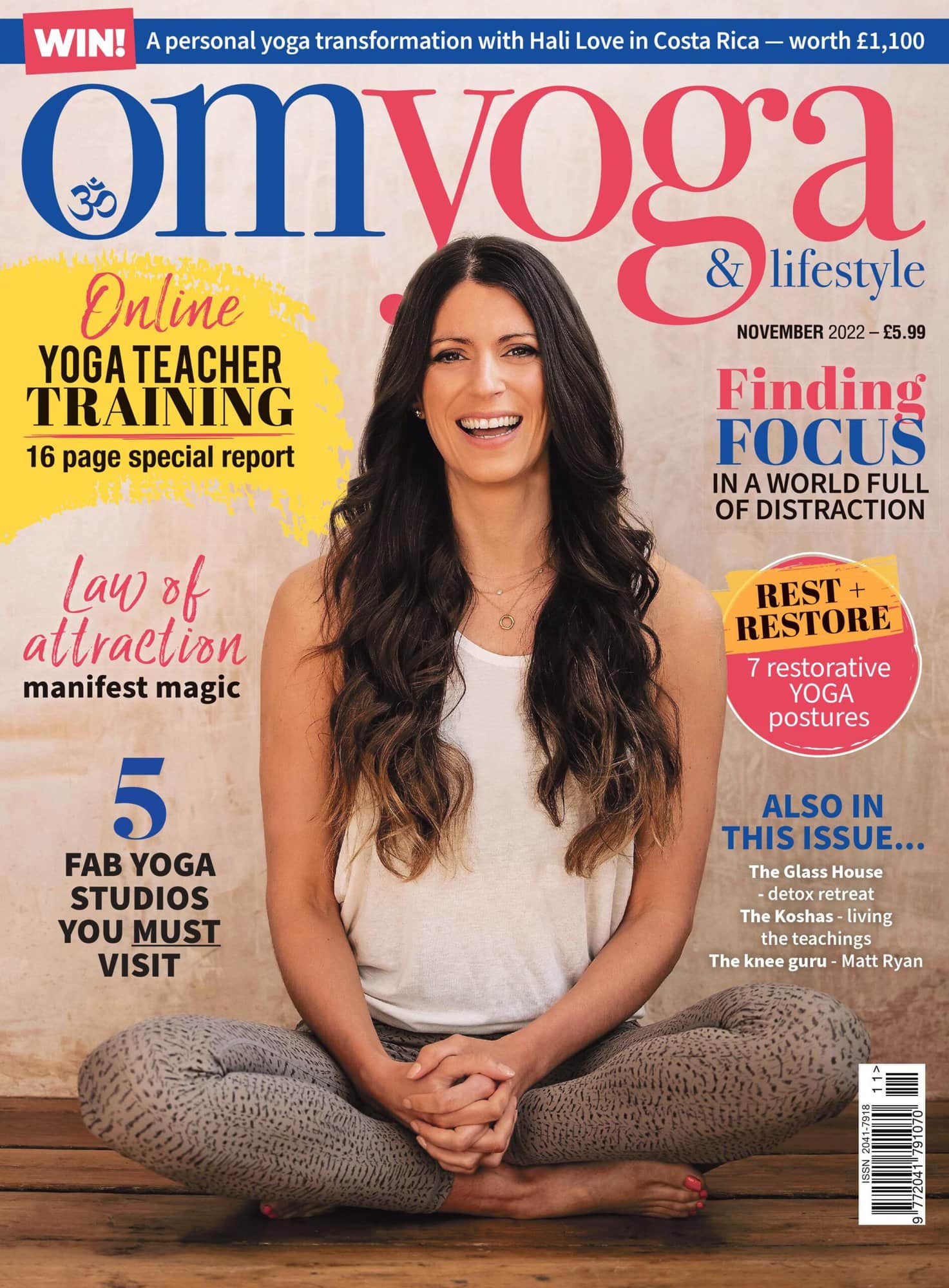
Move more for improved mental health
New groundbreaking report connects exercise and movement to improved mental health and wellness
Have you ever wondered if exercise impacts mental health, how walking can lead to mental wellbeing, or whether yoga reduces symptoms of depression or anxiety? Well the answer is ‘yes, it does’…and yoga and pretty much all other physical activity and movement are good for you!
The John W. Brick Mental Health Foundation (JWB) (johnwbrickfoundation.org) recently released a groundbreaking report assessing over 30 years of published research on the link between physical activity and mental health. The Move Your Mental Health report synthesises over 1,600 peer-reviewed scientific studies on how exercise affects brain function and mental health.
“Routinely moving our bodies is a key element in the ecosystem of factors that help us to build our mental and emotional wellbeing,” says clinical psychologist and executive director of the JWB Foundation Cassandra Vieten. “The new mental health care needs to recognise that a holistic approach is not only necessary, but will be cost-saving and life-saving.”
Integrative wellness leader Deepak Chopra adds: “This synthesis of the evidence paves the way for physical activity to be recognised and integrated as a key component of mental health promotion and treatment.” From aquatic exercise to dance, to highintensity interval training to walking, the report includes sections on 20 types of exercise, including yoga.


“Routinely moving our bodies is a key element in the ecosystem of factors that help us to build our mental and emotional wellbeing.”
Among the conclusions:
89% of all published peer-reviewed research between 1990 and 2022 found a positive, statistically significant relationship between exercise/physical activity and mental health. Three to five 30-45-minute moderate to vigorous exercise sessions per week appear to deliver optimal mental health benefits. Combining or alternating strength/ resistance training with cardiovascular/aerobic exercise shows stronger benefits on mental health outcomes than either one alone.
Team sports, cycling, and aerobic or gym exercise are the top three forms of exercise associated with over 20% fewer ‘poor mental health’ days per month.
“Evidence shows that these approaches — exercise, nutrition, mind-body practices — should be integrated immediately into treating mental illness and promoting mental wellbeing,” adds JWB founder and fitness pioneer, Victor Brick.




